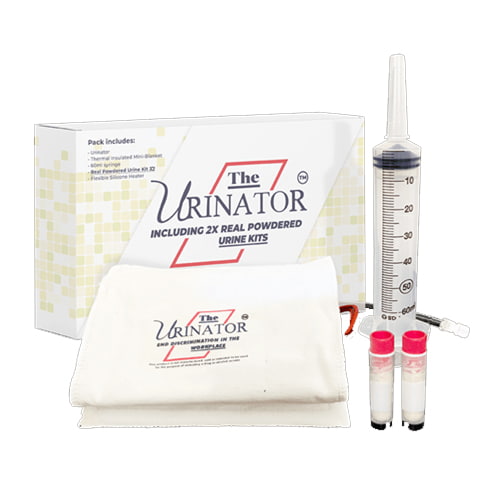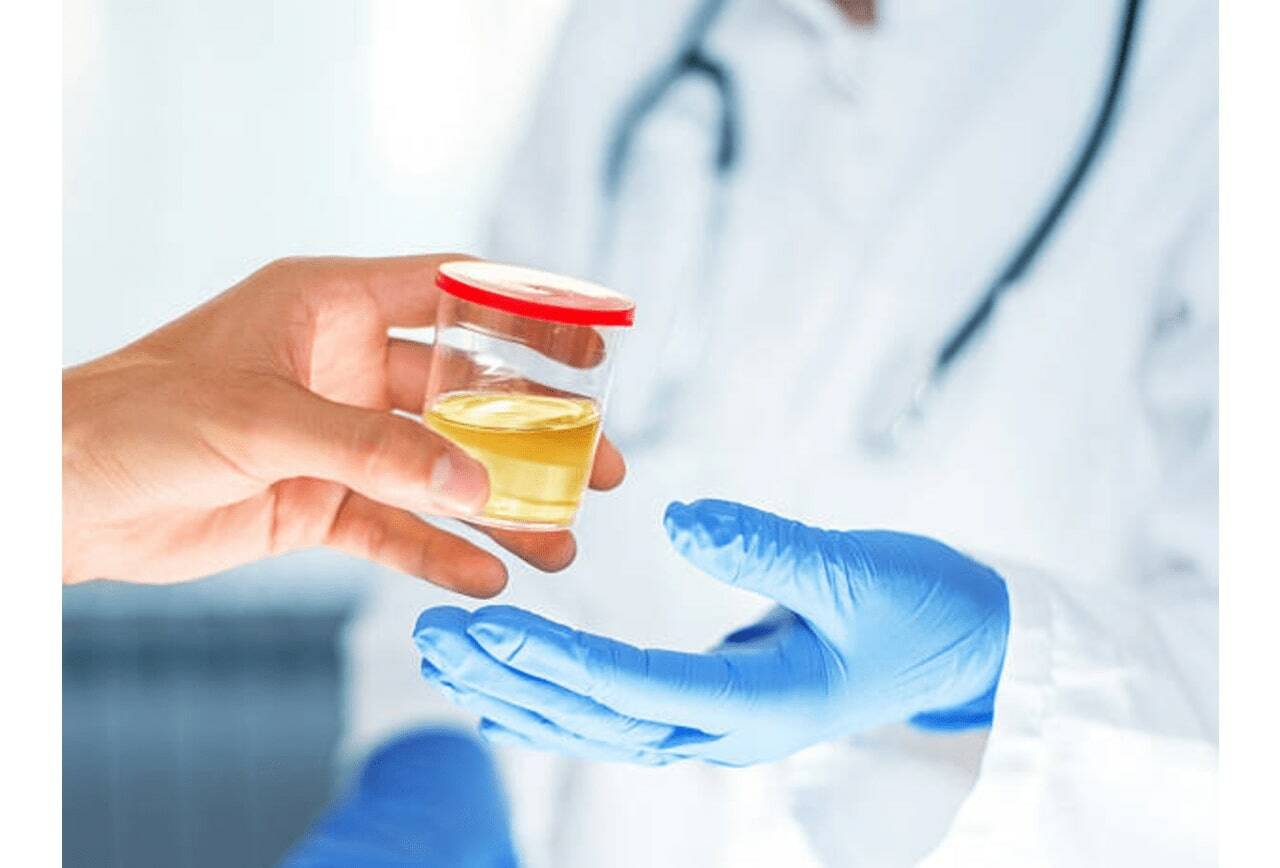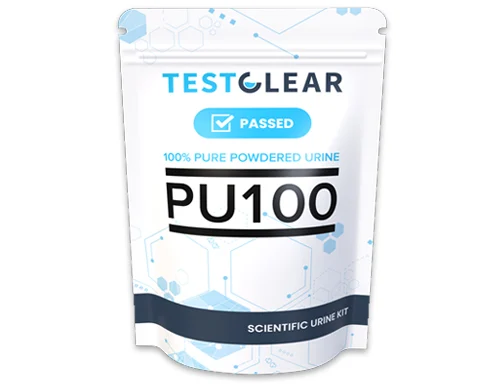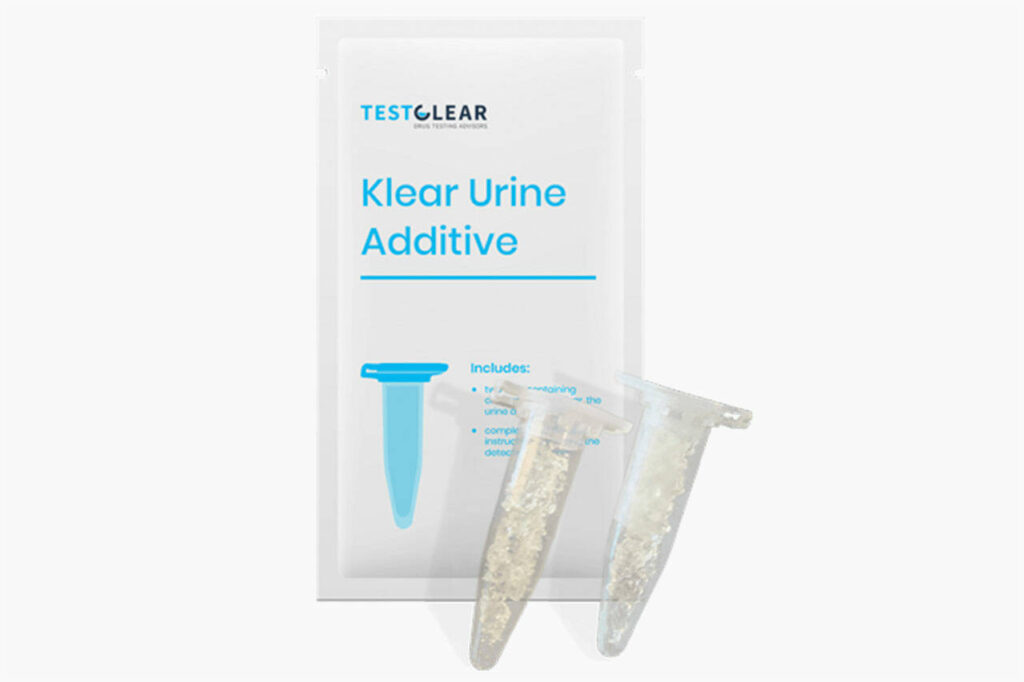Best Fake Pee To Pass Drug Test

The stakes are high. Jobs, reputations, and even freedom can hinge on the outcome of a drug test. As a result, a clandestine industry has emerged, offering synthetic urine solutions promising to deliver a clean result. But navigating this market is fraught with legal risks and ethical considerations, leaving many unsure of the real consequences.
This article delves into the murky world of synthetic urine, examining its composition, the legal landscape surrounding its use, the methods used to detect it, and the potential implications for individuals and the integrity of drug testing procedures. We will explore the perspectives of both manufacturers and regulators, providing a comprehensive look at a controversial practice that continues to evolve.
The Composition of Synthetic Urine
Synthetic urine, often marketed as a way to pass drug tests, attempts to mimic the chemical composition of human urine. Reputable brands typically contain urea, creatinine, and a balance of salts to replicate the specific gravity and pH level of natural urine.
Some formulations also include uric acid and may even be colored to resemble the real thing. The goal is to pass standard laboratory tests designed to identify substituted or adulterated samples.
The Legal Landscape
The legality of using synthetic urine varies significantly depending on the jurisdiction and the intended purpose. Many states have enacted laws specifically targeting the sale or use of synthetic urine for the purpose of defrauding drug tests, especially in employment-related situations.
For example, states like Texas and Arkansas have laws that explicitly prohibit using or selling products designed to falsify drug test results. Violators can face fines and even jail time, depending on the severity and frequency of the offense.
Federally, the Substance Abuse and Mental Health Services Administration (SAMHSA), which sets the standards for federal workplace drug testing programs, doesn't directly address the legality of synthetic urine at the consumer level. However, federal regulations prohibit the submission of adulterated or substituted specimens.
Detection Methods and Evolving Technology
Laboratories employ increasingly sophisticated methods to detect synthetic urine. Standard screening includes tests for specific gravity, pH, and creatinine levels. Deviations from normal ranges can trigger further scrutiny.
More advanced tests, such as those that use mass spectrometry, can identify specific compounds not typically found in human urine, effectively exposing synthetic substitutes. This cat-and-mouse game between manufacturers and labs drives continuous innovation on both sides.
SAMHSA guidelines are regularly updated to incorporate new detection methods and address emerging threats to the integrity of drug testing. This reflects a commitment to staying ahead of attempts to subvert the testing process.
Ethical Considerations and Industry Implications
Beyond the legal ramifications, the use of synthetic urine raises ethical questions. Critics argue that it undermines the purpose of drug testing, which is to ensure safety and deter substance abuse in the workplace.
Employers, particularly in safety-sensitive industries like transportation and healthcare, rely on drug testing to maintain a safe environment for employees and the public. The use of synthetic urine compromises this process and can potentially put lives at risk.
Furthermore, the availability of synthetic urine can incentivize continued substance abuse by providing a perceived safety net against detection. This can perpetuate a cycle of addiction and hinder efforts to promote recovery.
Perspectives on Synthetic Urine
Manufacturers of synthetic urine often argue that their products are intended for novelty purposes or scientific research. They maintain that they do not condone the use of their products to defraud drug tests.
“Our products are designed for research and educational purposes,”
said a representative from a synthetic urine company who wished to remain anonymous.
“We cannot control how customers ultimately choose to use them.”
However, law enforcement and regulatory agencies view the issue differently. They emphasize the potential for abuse and the threat to public safety. They argue that the marketing and distribution of synthetic urine often targets individuals seeking to evade drug tests.
Advocates for stricter regulations point to the need to protect the integrity of drug testing programs and ensure accountability in the workplace. They argue that the widespread availability of synthetic urine undermines these goals.
The Future of Drug Testing
The ongoing battle between synthetic urine manufacturers and drug testing laboratories suggests that the future of drug testing will involve a continued arms race. As detection methods become more sophisticated, manufacturers will likely develop more advanced formulations to evade detection.
Alternative testing methods, such as hair follicle testing and oral fluid testing, are also gaining popularity. These methods may be more difficult to circumvent with synthetic urine and can provide a longer window of detection.
Ultimately, the effectiveness of drug testing programs depends not only on the technology used but also on a commitment to ethical practices and a culture of accountability. Addressing the underlying issues of substance abuse and promoting responsible behavior are essential to creating a safer and healthier society.
The availability of synthetic urine poses a persistent challenge to the integrity of drug testing programs. While manufacturers continue to refine their products, laboratories are developing increasingly sophisticated detection methods. The legal and ethical implications of synthetic urine use require careful consideration, as they impact both individuals and the broader community.


















